© 2014-2022 Offshore Radio Museum

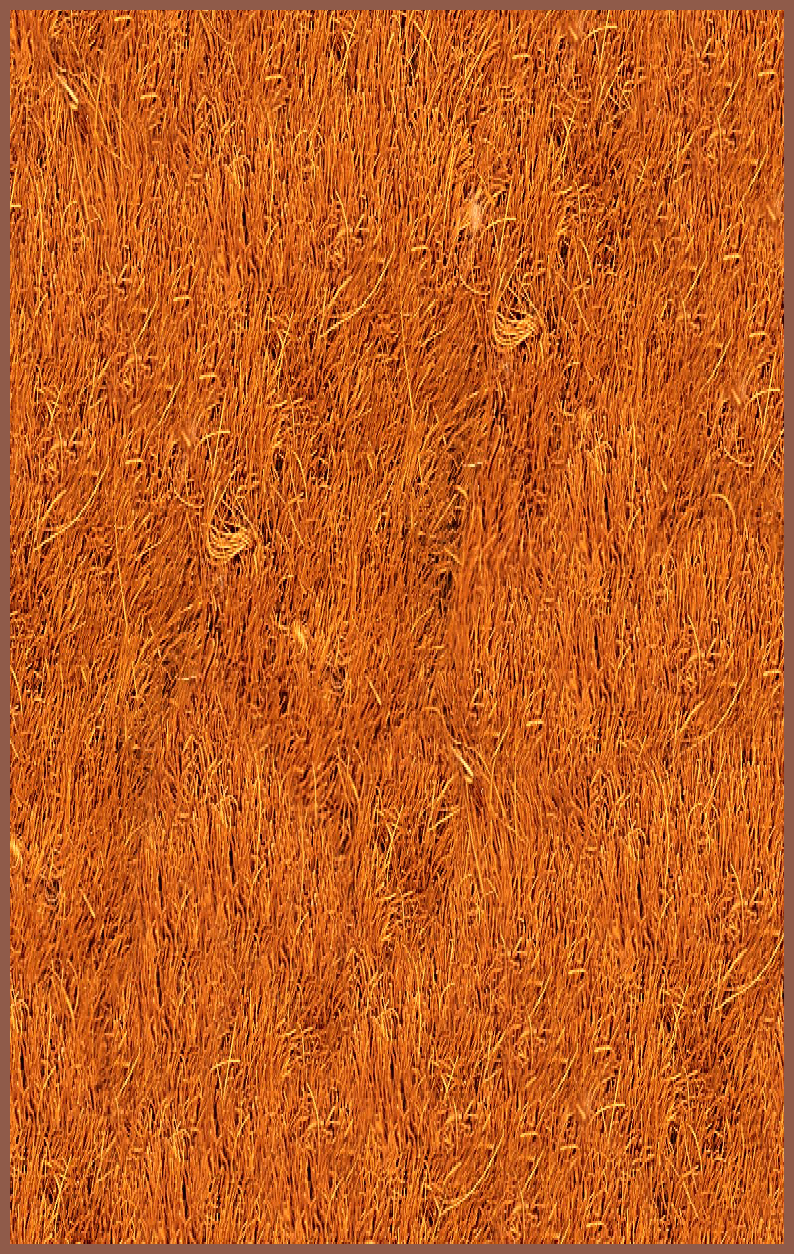

Wavelengths/
Frequencies
Initially: 918kHz (327m) medium wave (AM)
June 1993: Aruts Sheva Bet (religious frequencies) 711 kHz (421.6m) medium wave (AM) and 98.7 mHz(FM)
August 1995: 711 kHz (421.6m) and 1143kHz (262m) medium wave (AM) and 98.7 and 105.2mHz (FM)
January 1996: A third FM outlet, on 97.3mHz (daytime service for Russian immigrants)
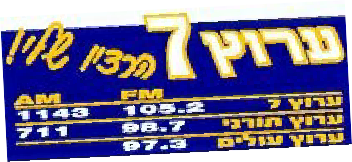
Arutz Sheva (Channel Seven)

Owners
Yaakov "Ketzaleh" Katz and Ze'ev Hever
(The station was created by the Bet-El Torah Institution, a group of Jewish settlers in Judea and Samaria, headed by Rav Zalman Baruch Melamed, his wife, Shulamit)
Three companies were formed to operate different aspects of the station - Shefa Advertising, sold advertising time; Eretz Hazvi operated the studios, and Beit-El Shipping operated the broadcast ship, Hazvi.
Control of these companies was via two associations - the Sukkat Ovadia Learning Center, Beit El B, and the Beit El and Beit El B Yeshiva Compound Development Corporation.

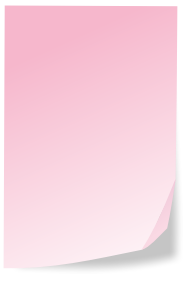
Landbased Address
Bet El,
D. N. Mizrach Binyamin,
IL-90628,
Israel
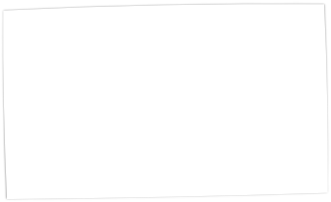




Opening Date
21st October 1988 (Test transmissions) 8.00am
20th November 1988 (Regular broadcasts) 2.00pm
Closing Date
20th October 2003
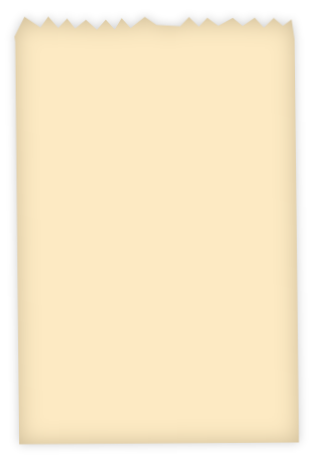
Broadcasting Hours
Initially: Sunday-Thursday 5.00am-7.00pm, Friday 5.00am-1.00pm and Saturday 5.00pm-10.00pm - (being an ultra-religious backed station transmissions closed on Shabbat (dusk on Friday evening to Saturday evening).
1988: 7.00 am – 12 midnight on weekdays, (no broadcasts on Shabbat (Friday sunset to Saturday sunset) or religious holidays).
September 1989: Hours increased to 6.30am - 1.00am each day (except Shabbat and religious holidays).
1995: 24 hours a day (except over Shabbat and religious holidays)


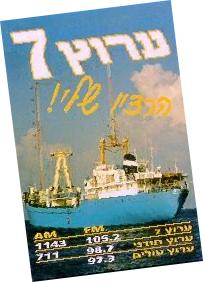
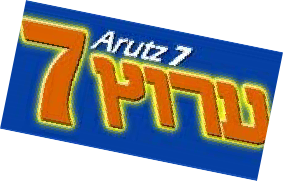
Format
1988 - Hebrew/Hassidic music and material with a religious and nationalistic (Israeli) bias
By 1989 Hebrew music during the daytime hours and religious programmes during the evening hours.
By 1992 A mix of traditional Middle East and Jewish music with some 'western' easy listening material (mainly from musicals and stage shows), the only criteria for inclusion being that the music should be "happy and optimistic". On the information side of its output the station claimed to only broadcast reports which looked at Israel through “positive, healthy eyes."
In June 1993 A second service, Aruts Sheva Bet, was started directed specifically at 'religious listeners' including items on Jewish philosophy and history as well as public information programmes interspersed with what was officially described as "genuine Israeli music".
In January 1996 The station added a third FM outlet with a daytime service for Russian immigrants.

























